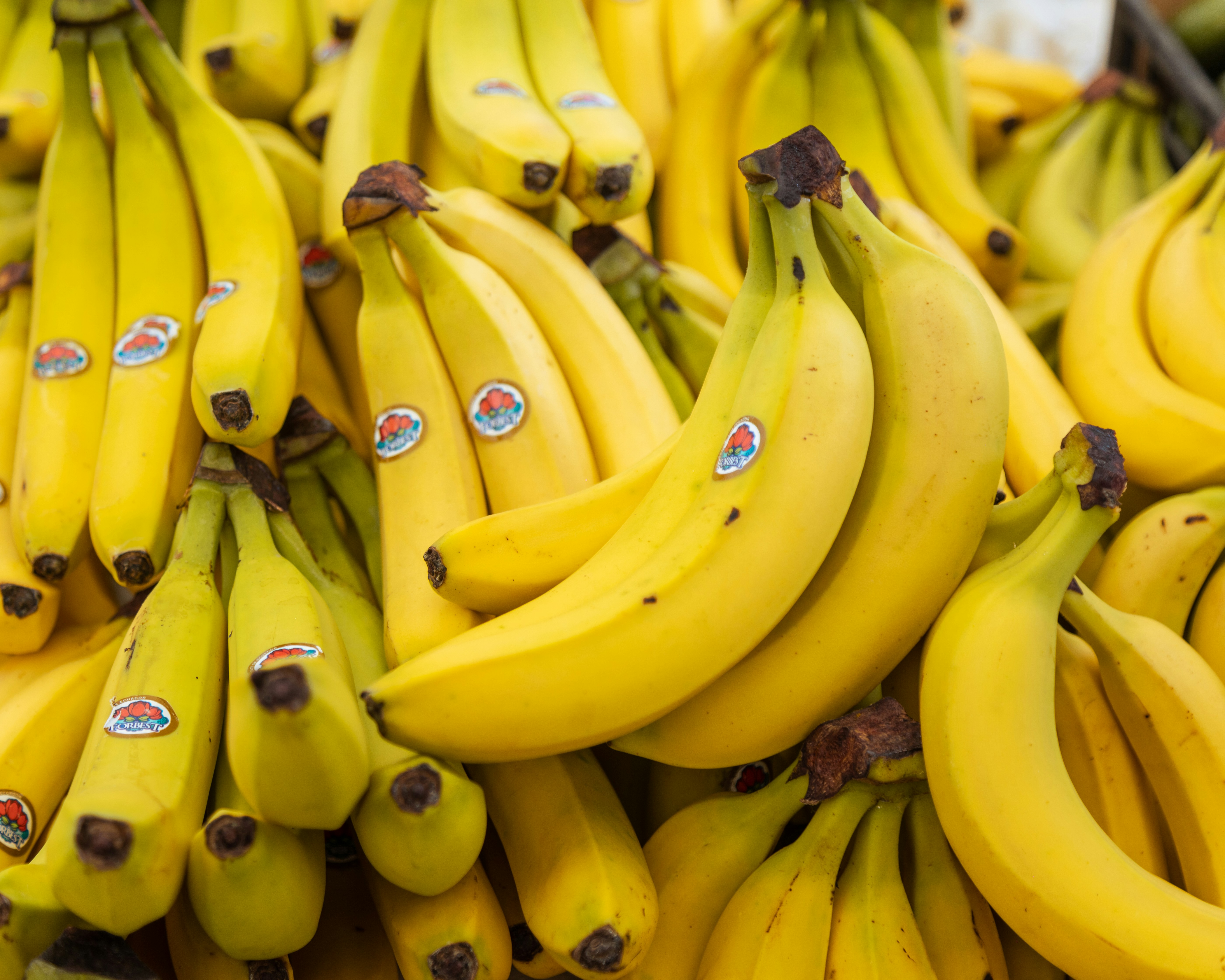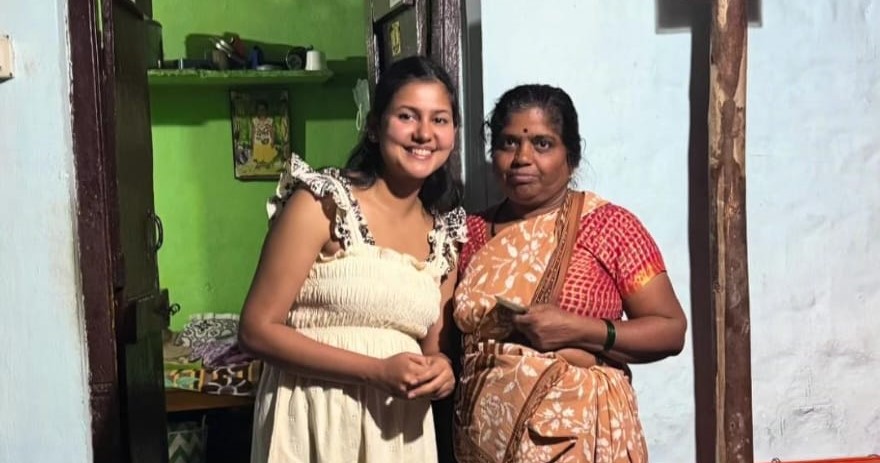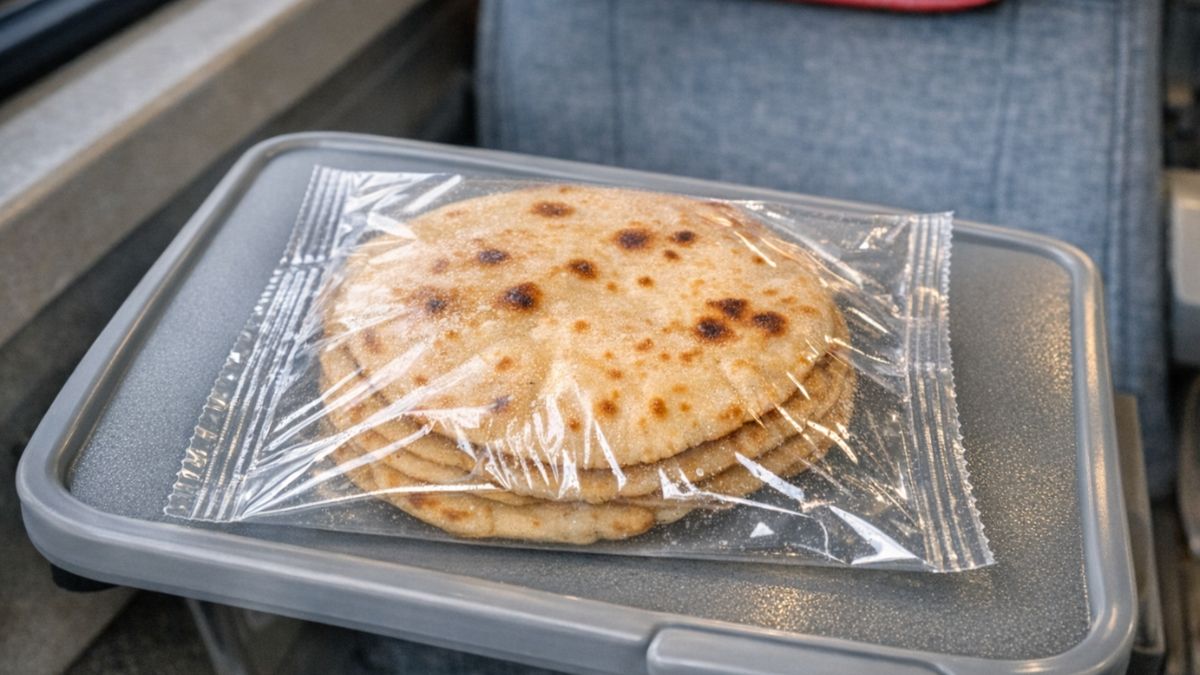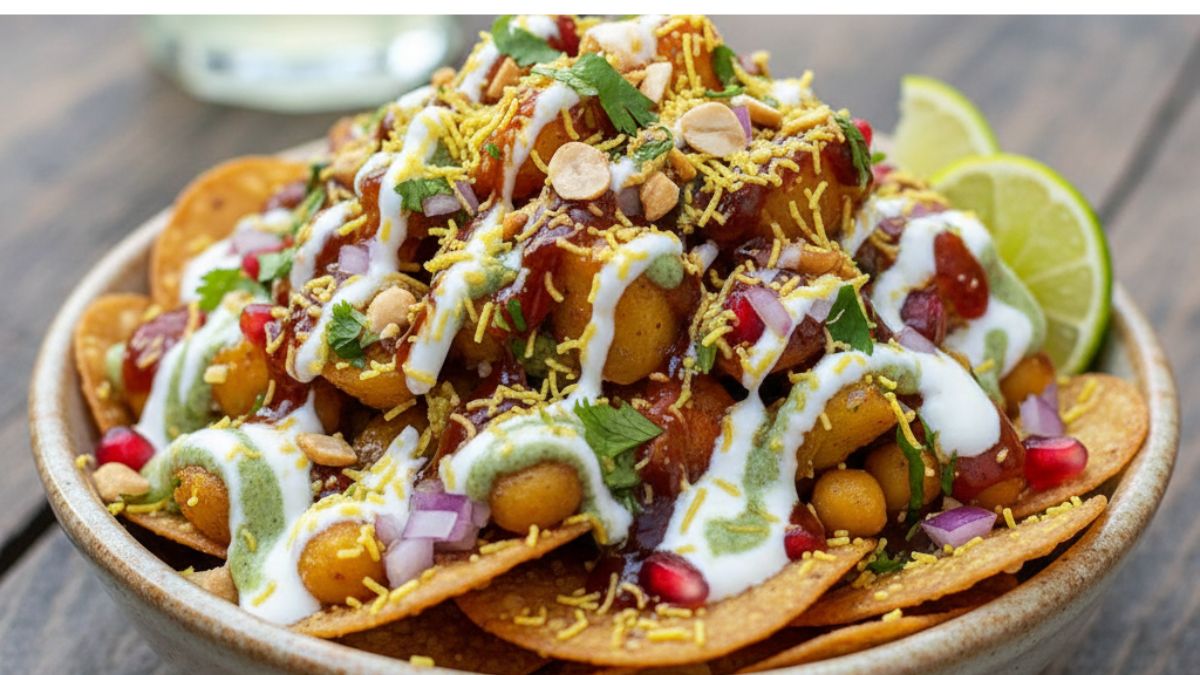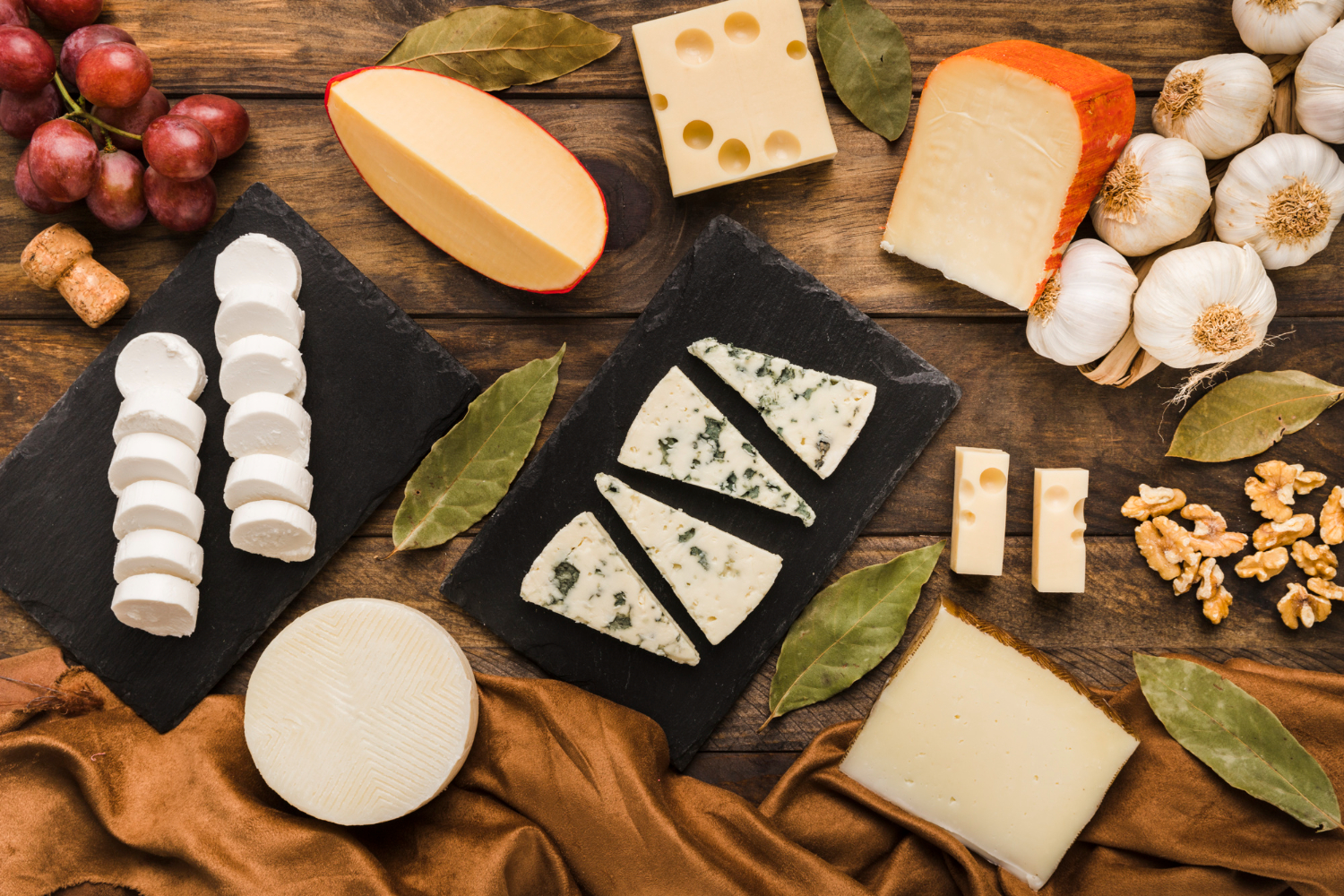Ever had an achy, red, swollen feeling after eating certain food items? That could be your body's way of telling you that something is not right. Whether it's long-lasting, short-term or a mix of both, everyone has experienced inflammation at some point in time. While it is okay for inflammation to occur since it is part of our internal defence mechanism, experiencing consistent pain could be a red flag. Chronic inflammation, which may last months or even years, has been related to health problems such as diabetes and cardiovascular disease. A major reason behind this could be your food and dietary habits which could disturb the internal microbes of your gut. We have rounded up five unhealthy eating habits that could be related to your persistent inflammation.
Also Read: 8 Processed Foods to Avoid and Why
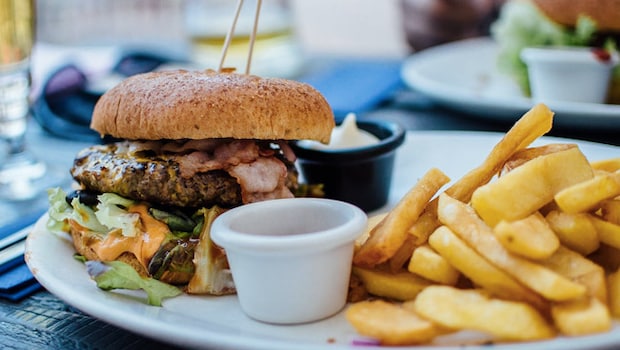
Image credit: iStock
Here Are 5 Unhealthy Eating Habits That Can Cause Inflammation:
1. Eating too much processed food:
If your diet consists of fewer veggies and more processed meats and foods like burgers, sugary drinks, candies, cold cuts, hot dogs, potato chips, etc., then there is a possibility that you may develop inflammation. In 2022, a research article published in the journal Clinical Nutrition found out that increased consumption of ultra-processed foods is closely linked to a greater pro-inflammatory potential of the diet. Regular intake of processed foods, which usually contain refined ingredients and artificial additives, can disrupt the functioning of your digestive system by messing with the balance of healthy and unhealthy microbes in your gut.
2. Eating too much sugar:
One of the first questions that could come to your mind is how much sugar is too much sugar? Well, we get it. Since sugar is found in most meals, both natural and processed, it is important to recognise that it may be present in large amounts in your diet. According to a 2022 study published in Frontiers in Immunology, consuming a lot of sugar has been directly associated with heart disease, diabetes, obesity inflammatory bowel disease (IBD) and low-grade chronic inflammation. Processed foods and beverages contain added sugar that can easily trigger the levels of inflammatory messengers called cytokines.
3. Excluding vegetables and fibres from the diet:

Also Read: Healthy Eating Habits For Elderly: Important Points To Remember!
Yes! As parent-like advice as it may sound, if you are experiencing chronic inflammation, it could be because your body requires more veggies and fibres. In 2018, a research paper published in The American Journal of Clinical Nutrition concluded that higher fruit and vegetable intake can significantly reduce proinflammatory mediators and enhanced immune cell profile. Taking a balanced diet of proteins and fibres can be a powerful strategy to combat inflammation as they contain anti-oxidants and anti-inflammatory properties that can help reduce inflammatory biomarkers in your body.
4. Consuming too much gluten:
Gluten is a kind of protein found in wheat and grains, and it's in things like bread, pizza, and cereal. Some people can eat gluten without a problem, but others might be sensitive to it. This sensitivity can cause inflammation, a kind of swelling in the body, especially if someone has gut issues or an autoimmune disease. A research published in 2022 in the American Journal of Lifestyle Medicine supported the same argument, so if you have tummy troubles or chronic symptoms, trying a gluten-free diet might help.
5. Drinking too much alcohol:
While it is okay to drink occasionally, excessive alcohol intake can increase your chances of developing chronic inflammation. In fact, according to one research published in Alcohol Research, regular alcohol intake is connected with intestinal inflammation as well as unfavourable changes in the gut microbiome.
Always remember that moderation is the key to a healthy and happy digestive system!
About Nikita NikhilMeet Nikita, a passionate soul with an insatiable love for two things in life: Bollywood and food! When she's not indulging in binge-watching sessions, Nikita can be found behind the lens capturing moments or expressing her creativity through painting.

